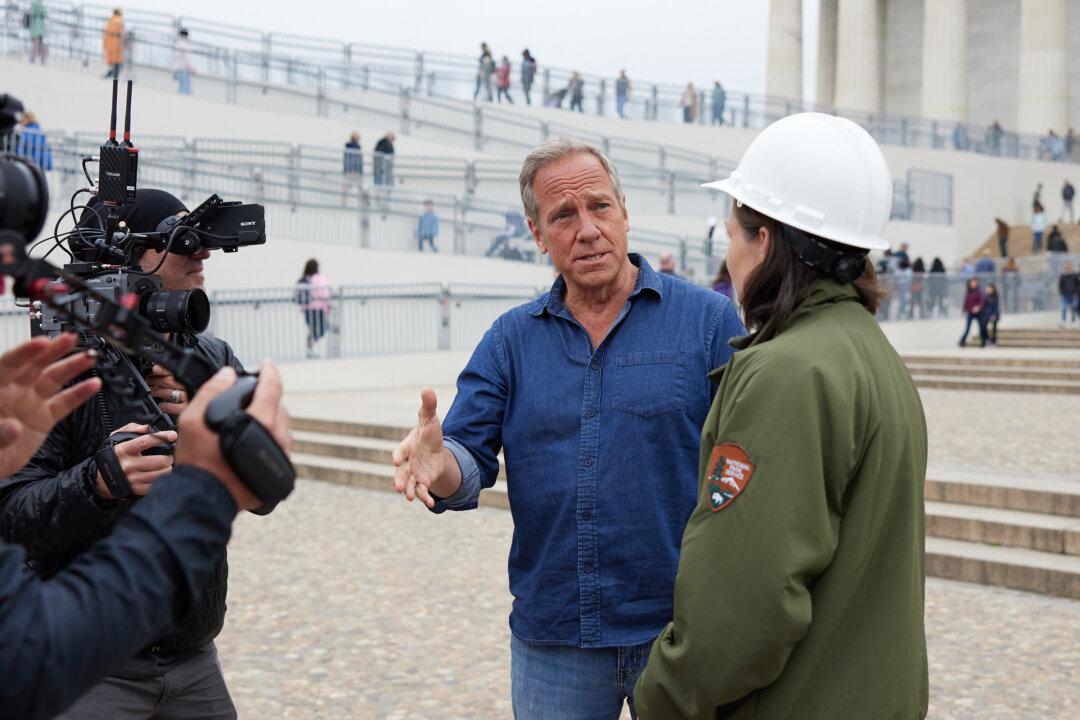NR | 1h 55m | Documentary | 2024
Maybe powdered wigs alienate some and others find it hard to relate to the imposing Washington monuments. However, Mike Rowe believes our Founding Fathers and the values they fought for still mean something. The podcaster and well-known television host of “Dirty Jobs” invites viewers to look at courageous American heroes from a different perspective in his documentary, “Something to Stand For,” directed by Jonathan Coussens.





